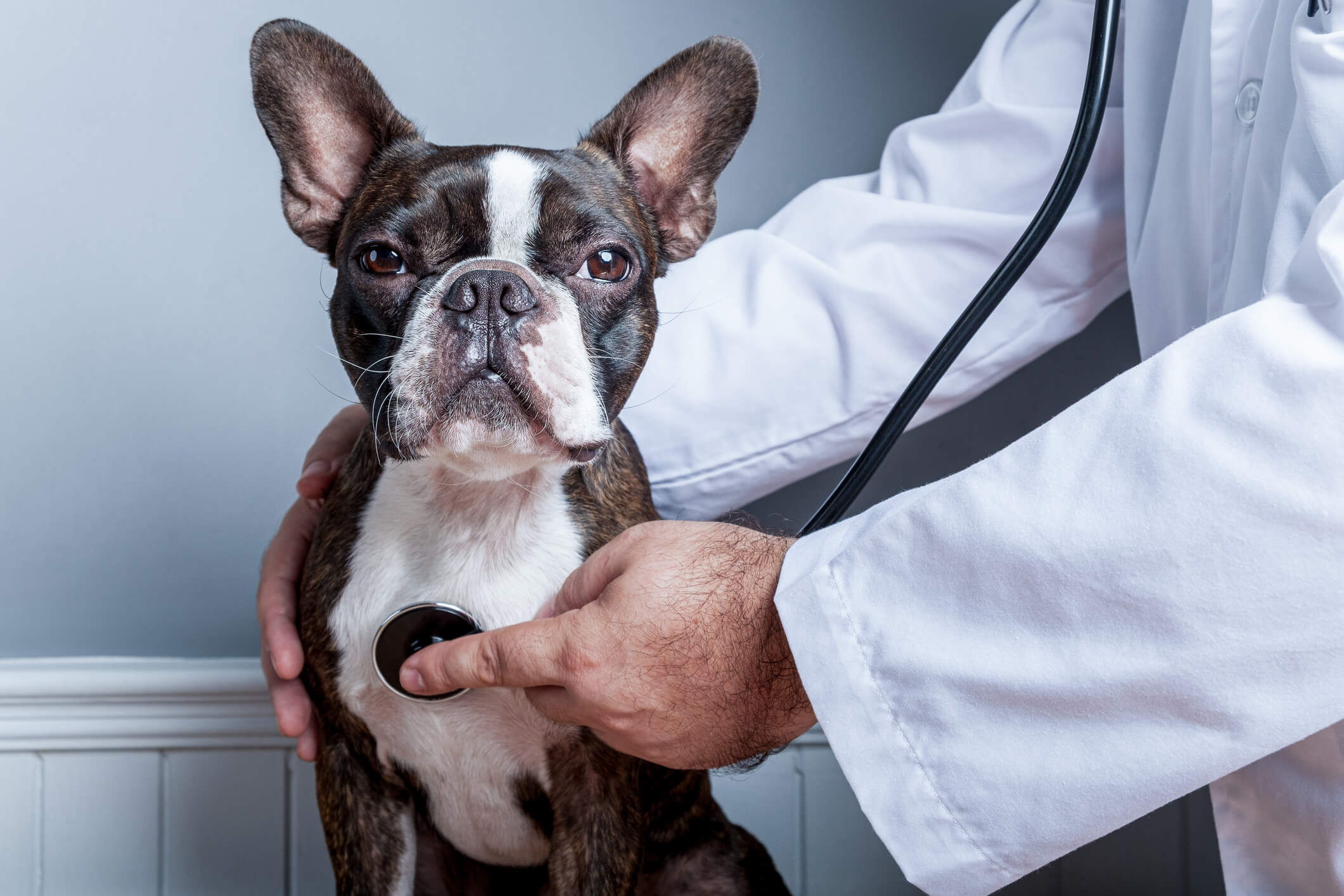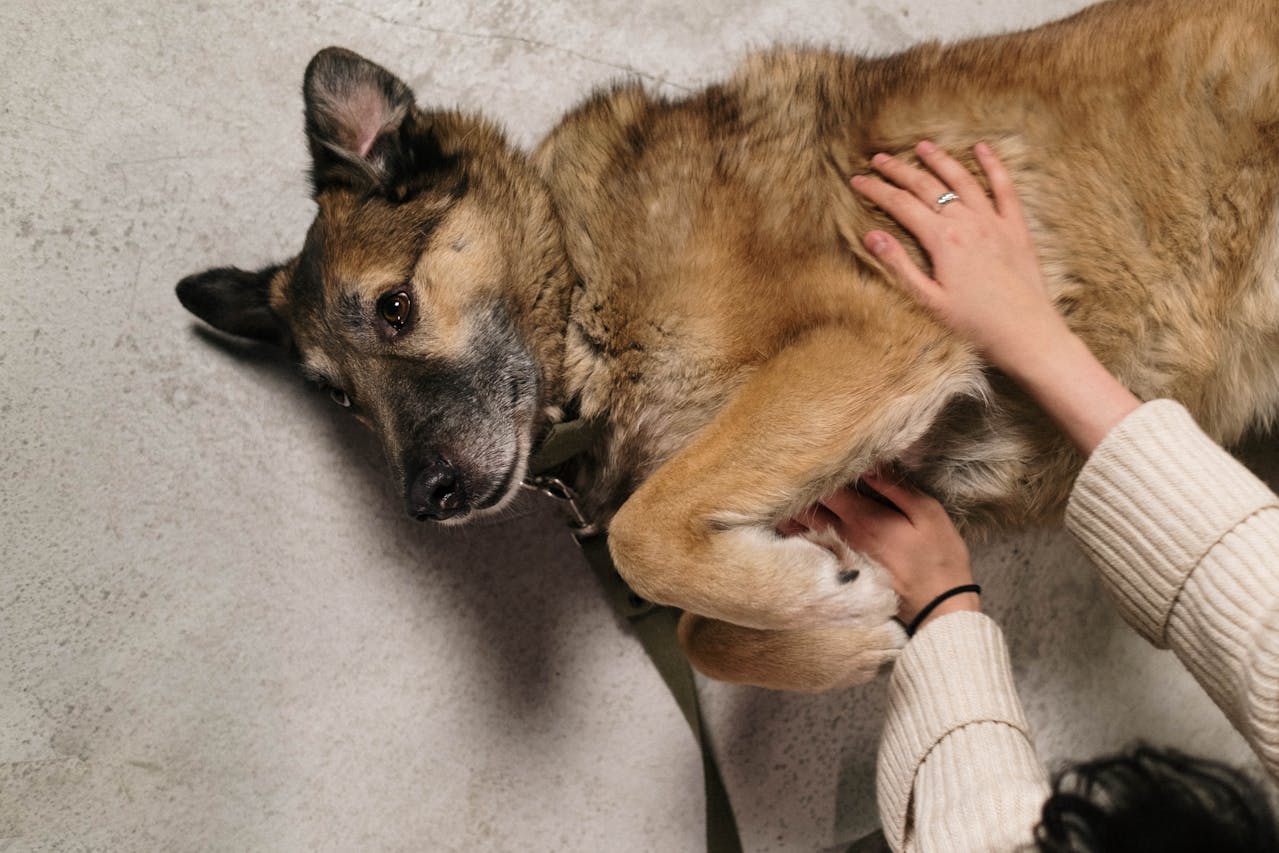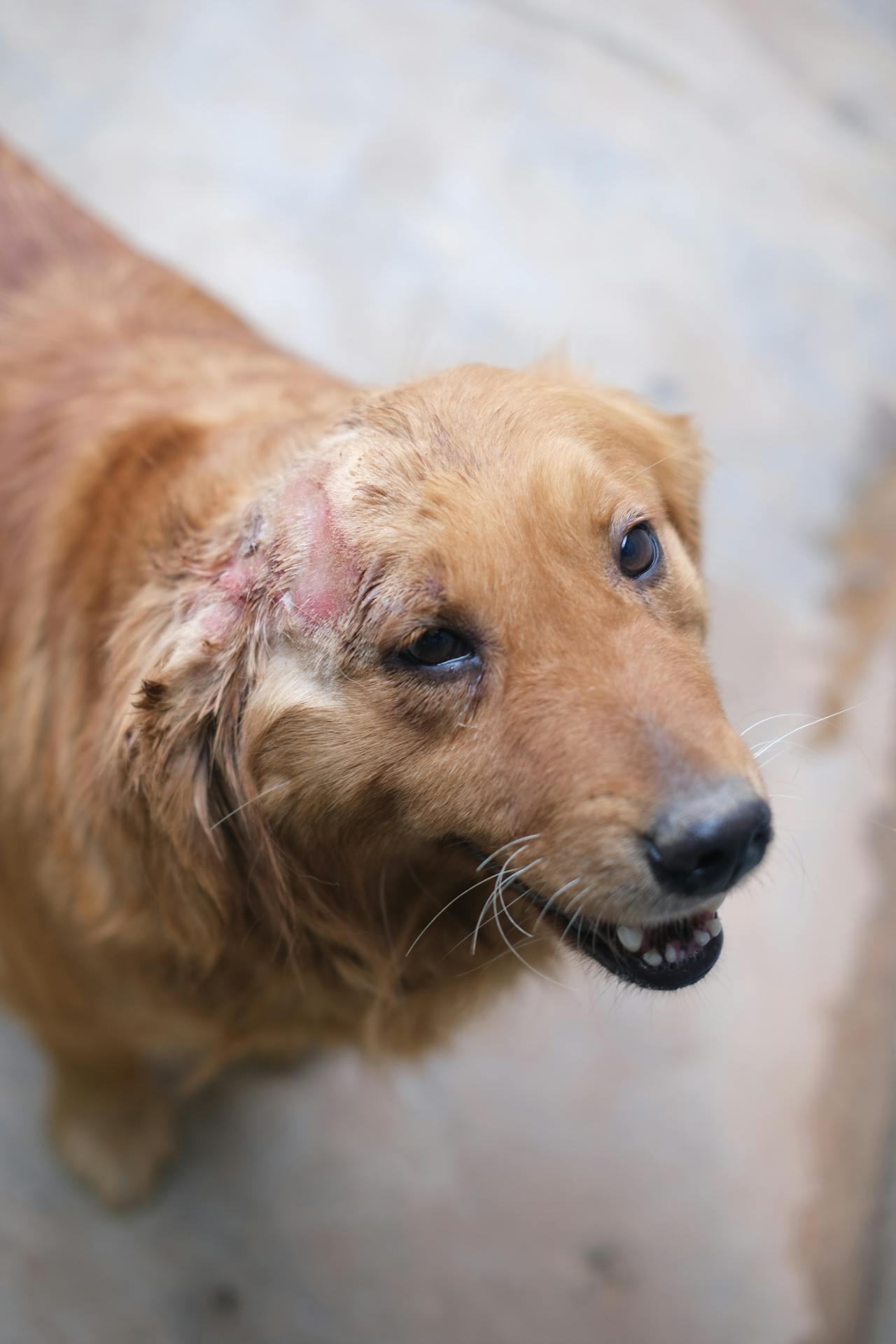Pets and Bordetella

Whether your pet is accompanying you on your travels or enjoying a delightful stay at a local boarding facility, one crucial requirement is the Bordetella vaccine.
The Bordetella vaccine protects against a highly contagious bacterial infection that can effortlessly spread between dogs, cats, and even from pets to humans with compromised immune systems.
Commonly known as kennel cough in dogs, Bordetella bronchoseptica infection is typically non-life-threatening, although it can lead to complications like pneumonia. A combination of canine parainfluenza virus and Bordetella bronchoseptica bacteria usually trigger it. Other respiratory viruses can also play a role in this multi-agent disease.
Understanding Bordetella
Bordetella, caused explicitly by Bordetella bronchoseptica, affects both dogs and cats. When caused by a single agent, it is known as Bordetellosis.
The bacteria attach directly to your pet's respiratory cells in the respiratory tract, immobilizing the cilia. Consequently, infected dogs typically exhibit a persistent, harsh, hacking cough that resembles something lodged in their throat.
The infection manifests as upper respiratory tract symptoms like sneezing and nasal discharge in cats.
Bordetella bronchoseptica also tends to suppress immune cells responsible for fighting off the bacteria, often resulting in a complex respiratory infection in dogs and cats.
Symptoms typically surface within two to 14 days following exposure, with the infection lasting anywhere from four to 21 days.
Symptoms of Bordetella Infection in Dogs
Bordetella infection, often known as kennel cough, can manifest in various ways, with the most common symptoms including:
Persistent Dry Cough: Dogs affected by Bordetella typically exhibit a dry, persistent cough, sometimes accompanied by retching. This cough is often described as having a distinctive "honking sound."
Watery Nasal Discharge: In addition to coughing, affected dogs may have a watery nasal discharge.
In mild cases, dogs often maintain their appetite and remain alert and active. It's not uncommon for these symptoms to arise after recent contact with other dogs, such as during boarding or social interactions.
In more severe instances, Bordetella symptoms may progress to include:
Lethargy: Infected dogs may become noticeably tired and less energetic.
Fever: Some dogs may develop a fever as their body fights the infection.
Inappetence: A decreased appetite is another possible symptom, with affected dogs showing reduced interest in food.
Pneumonia: In severe cases, Bordetella infection can lead to pneumonia, a potentially life-threatening condition characterized by respiratory distress.
Risk of Death: In the most severe cases, especially among immunocompromised animals or young unvaccinated puppies, the infection can progress to a critical stage, potentially resulting in death.
It's essential to monitor your dog for any of these symptoms, especially if they have recently been in contact with other dogs or have a weakened immune system. Prompt veterinary care is crucial for managing and treating Bordetella infection to ensure your pet's well-being.
Treating Kennel Cough
The good news is that uncomplicated kennel cough usually resolves independently in dogs with healthy immune systems, similar to the common cold in humans. Antitussives, which suppress coughing, are often administered to alleviate symptoms and improve the pet's comfort.
Pets with severe bronchitis or pneumonia may require antibiotics and bronchodilators. Puppies and kittens are more susceptible to pneumonia than older animals, making them more vulnerable to the potential complications of kennel cough.
Understanding the Bordetella Vaccine
Due to the environments where pets interact, such as dog parks, boarding facilities, and veterinary offices, kennel cough tends to spread. Consequently, many boarding facilities mandate that dogs and cats be up-to-date on their Bordetella vaccine before being accommodated.
Vaccination is typically recommended every six months for high-risk animals. If you plan to board your pet, your veterinary clinic will insist on the vaccine.
Experts suggest that pet owners vaccinate their pets at least two days to two weeks before potential exposure to the disease, ensuring maximum protection.
An apt comparison for the Bordetella vaccine is to the human flu shot. Like parents wouldn't send their children to daycare without a flu shot, pet owners are advised to vaccinate their pets against Bordetella to minimize the risk. Prevention is key.
Dr. Steven Dunbar, owner and founder of Yorba Regional Animal Hospital, emphasizes the importance of proactive vaccination: "These infections can lead to pneumonia, which is the most important reason for vaccinating."
Consider complementing your pet's Bordetella vaccine with a canine parainfluenza vaccine and heartworm preventive when boarding or traveling to different areas. Providing your pet with comprehensive protection is paramount.
How Does the Bordetella Vaccine Operate?
Vaccines function by exposing the recipient to a minute amount of nonpathogenic Bordetella bacteria, delivered either through injection or nasal drops. The intranasal vaccine generally contains a modified live parainfluenza virus and a non-disease-causing strain of Bordetella.
The vaccine can also be injected with inactivated (killed) bacteria. While nasal vaccines are advantageous for targeting the primary site of infection, the disadvantage is that some pets may develop mild respiratory issues, especially after the initial vaccination.
The fundamental purpose of any vaccine is to introduce the body to nonpathogenic viruses or bacteria, enabling the immune system to recognize and combat these agents in the future. Upon exposure to a new threat, the body generates antibodies, its defense mechanism against viruses and bacteria.
It is essential to note that the Bordetella vaccine does not provide immunity to all strains of canine flu or upper respiratory infections. However, it does offer protection against one of the most common causes of upper respiratory infections, the Bordetella bacteria.
The Bordetella vaccine is designed to remain effective for up to six months, although it protects only approximately 70% of pets.
Consult your veterinarian to determine the most suitable immunization plan for your pet.
Get insurance plans with wide-ranging coverage options













